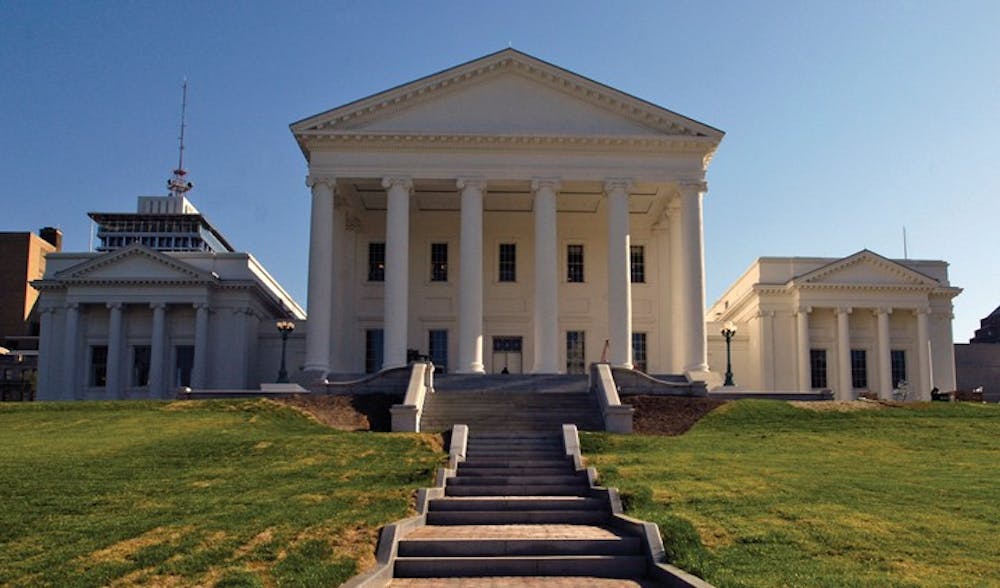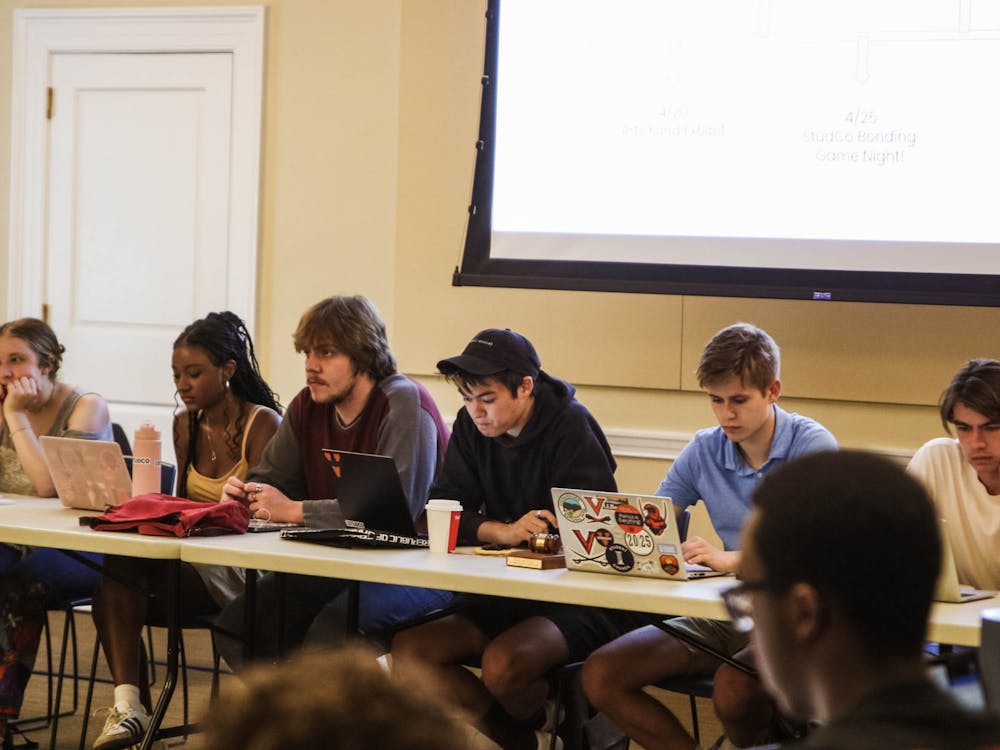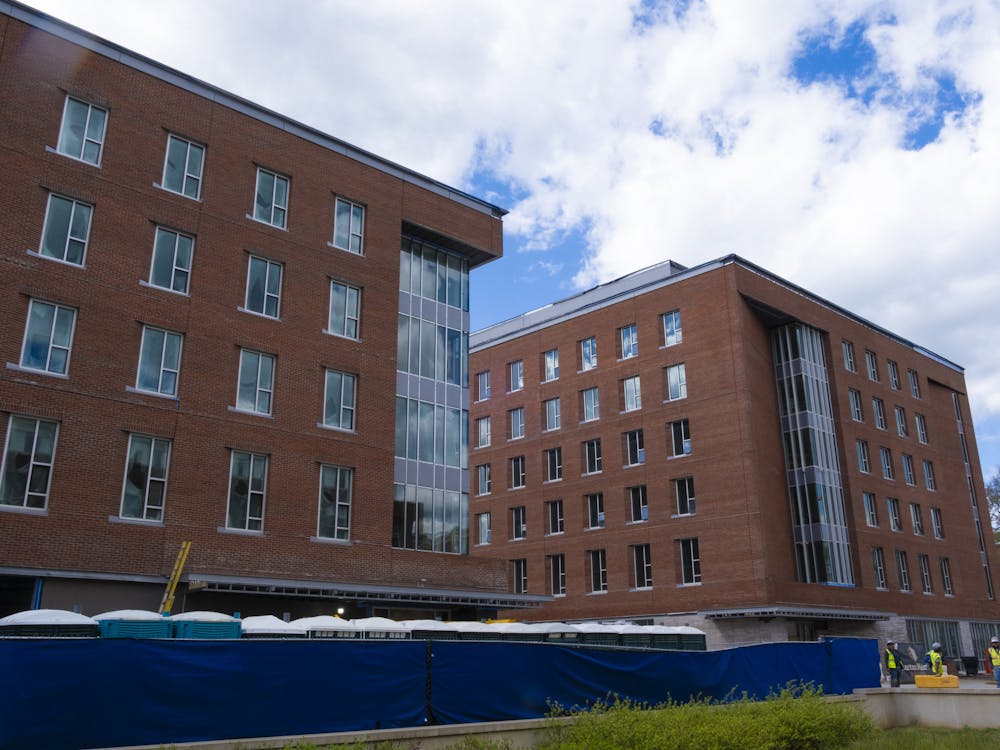The Virginia Senate Committee on Privileges and Elections passed a resolution Tuesday proposing a constitutional amendment that would automatically restore voting rights to those convicted of nonviolent felonies who have completed payments and any other sentences.
The measure passed through committee by a 10-5 vote with bipartisan support, though all nay votes came from Republicans. Support for granting voting rights to certain felons has received support from Gov. Bob McDonnell, legislators and activist groups.
“The governor is supportive of those efforts to amend the constitution to provide for automatic restoration of rights for non-violent felons,” McDonnell spokesperson Jeff Caldwell said. “We have not fully evaluated the options should those resolutions be unsuccessful.”
Currently, all restorations of voting rights must come through the governor, but the proposed amendment would make this restoration automatic. McDonnell instituted a policy setting a 60-day goal for review of all petitions for restoration by nonviolent criminals, decreasing the average processing time for these claims.
Senate Democrats support the amendment with an eye toward creating a more efficient system than the one currently in effect, Senate Democratic Caucus spokesperson Joshua Karp said.
“There are those who would like for former offenders to have the voting rights restored on a case-by-case basis, but I think we’ve all seen how long that can take,” Karp said.
Multiple Senate Republicans did not return requests for interviews.
A similar proposed constitutional amendment failed in the subcommittee stage in the House of Delegates just more than a week ago by a vote of 6-1. Both the governor and Attorney General Ken Cuccinelli expressed discontent with the House subcommittee’s decision.
The official language of the proposed amendment distinguishes between violent felons and nonviolent felons.
“No person who has been convicted of a violent felony, as defined by the General Assembly, shall be qualified to vote,” according to the proposed amendment. “A person who has been convicted of any other felony, except as specified by the General Assembly, shall be qualified to vote once he has completed the payment in full of any restitution, fines, costs, and fees … and he has completed service of his sentence and any modification of sentence, including any period or condition of probation, parole, or suspension of sentence.”
Karp said Senate Democrats had not taken a position on extending voting rights restoration to violent felons who have served their sentences.
Though some opponents of the amendment are uncomfortable with restoring rights to any nonviolent felon without review by the governor, others think voting restoration will come too slowly if conducted through the legislature.
The American Civil Liberties Union of Virginia has called for an executive action by the governor to tackle the issue rather than waiting for a constitutional amendment. In a letter to McDonnell sent Monday, prior to the Senate committee’s approval of the amendment, Claire Gastañaga, ACLU of Virginia Executive Director, urged the governor to restore voting rights to all or some of Virginia’s 450,000 felons through executive action. She said action by the governor would be more effective than legislative action.
“The legislature, thus far, seems unwilling to move Virginia ahead,” Gastañaga said in a press release. “The governor cannot and should not wait for legislators to take action. Even if they chose to act, at best, it would still take two years to institute reform.”
The proposal is set to reach the Senate floor in the near future, and the ACLU said in the press release if successful action is taken the constitutional amendment could come to fruition in November 2014. But if the legislature fails to act promptly, the amendment would not take effect until November 2016. An executive order could take action immediately. But Karp believes the constitutional amendment — if successful — will ultimately be more effective.
“We’ve come close before, and we’re hopeful this time,” Karp said. “I think it’s more about creating an automatic process not dependent upon which governor is serving … it’s about fairness and equity across different gubernatorial administrations.”





